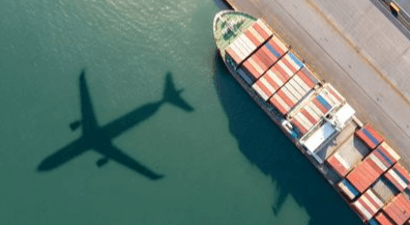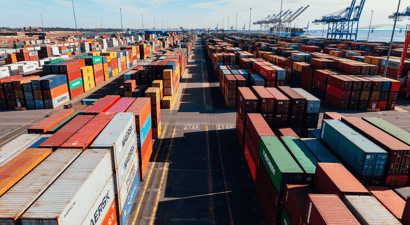Road Transport of High Cube Containers- Update
As previously reported, the moratorium in terms of which road transport vehicles were exempted from the 4.3 metre height restriction for a period of 7 years was due to expire on 1 January 2019.
A media statement was issued on 11 October 2018 following a meeting between the Minister of Transport and the local freight industry on this issue. Click here to read the media statement.
Quintus van der Merwe, Partner and HOD of Shipping & Logistics, comments as follows on the media statement.
It appears that some of those who attended the meeting with the Minister of Transport see the outcome as an extremely positive result. I am afraid I do not agree.
The media statement says:
- The meeting discussed the implementation of regulation 224(b) of the National Road Traffic Regulations, 2000 under the National Road Traffic Act, of 1996;
[This regulation provides for a height restriction of 4.3 metres. High cube containers exceed this by around 30 centimetres, resulting in a load of 4.6 metres.]
- The meeting resolved to immediately establish an inclusive Technical Task Team constituted of Department of Transport officials and the industry to facilitate and ensure that the unintended consequences of the lapse are minimised before the expiry of the present moratorium;
- The meeting agreed to place a moratorium on the application of punitive measures and that law enforcement agencies collect data for the purposes of a smooth transition when the period expires. This moratorium will be in effect from 1 January 2019 to 1 January 2020.
The reality is that high cube containers have been transported for the last 30 odd years with very little empirical evidence of any greater risk or danger than transportation of standard containers. The Minister insisted on pushing ahead with the meeting despite the non-availability of many of the industry role players. The statement purports to record an agreed outcome i.e. “The meeting resolved to …”
There are serious implications and consequences that flow from the media release by the Minister.
The genesis for the so-called moratorium that has been in existence since 2011 is that the Minister granted an exemption in terms of Section 75(1)(d) of the National Road Traffic Act, 1996 (“the Act”). That exemption was thus validly granted in terms of the Act.
What the Minister has now done, purportedly by agreement, is terminate that exemption from the end of December notwithstanding the overwhelming representations that have been made to the Department of Transport in recent months. The exemption will therefore terminate and instead of the exemption the Minister will simply not enforce the law for a period of one year.
The net result is that:
- there is no exemption going forward;
- prima facie the transportation of high cube containers will be contrary to the law;
- punitive measures will be suspended for a year.
This of course begs the question of whether the Minister can competently refuse to enforce the law, and if this was in fact pointed out to him, whether industry could now raise estoppel against the authorities if the law was to be enforced. It is also unclear how far the non-enforcement of sanctions goes - does this mean that one can transport high cube containers without being fined, or does it mean that one may be stopped, but will not be fined?
However, it seems that industry’s ability to either call on the Minister to grant a further exemption, or even better, to argue for an amendment to the Regulations to provide for a permanent exception to the height limit for high cube containers has taken a knock. Surely this must have been industry’s main aim, given the lack of any reason (that I am aware of) as to why high cube containers cannot simply continue to be carried as they have for some 30 years? What harm does this decision seek to prevent?
There is a significant difference between a scenario where the Minister is called upon to grant an exemption as provided for in the Act, and the scenario that apparently now prevails where the Minister simply says he will not enforce punitive measures – assuming he is able to validly give such an undertaking.
In my view, industry has inadvertently taken a massive step backwards and is going to now be hard pressed to recover the lost ground. A sensible approach is required to seek long term solution over a problem that really should not be a problem at all.





